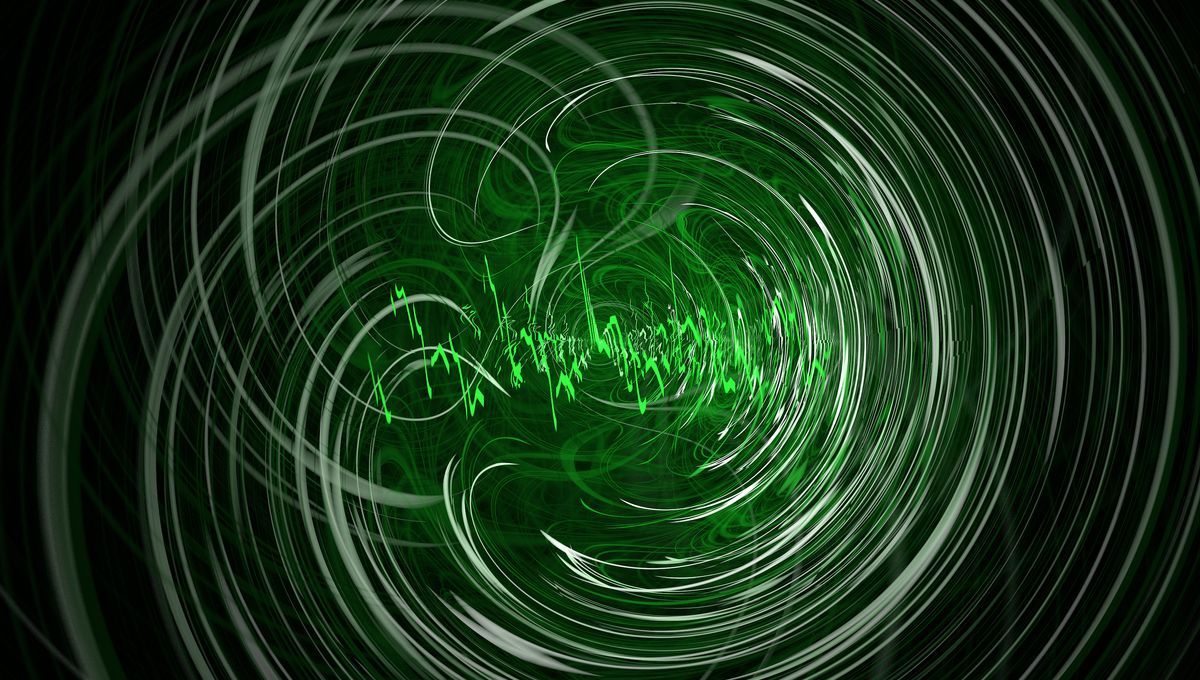
When we consider 3D space, there are only two classes of particles: bosons and fermions, each having unique features that make them stand apart. But the universe can get a bit weirder – certain interactions between particles behave like a particle themselves, and we call them quasiparticles. Researchers have discovered a whole new class of quasiparticles that behave like no other particle we have ever seen.
This class has been named fractional excitons, and they appear to have some properties in common with bosons, some properties in common with fermions, and some properties that simply push them into a category of their own. The team behind the discovery believes there is a lot of potential for applications using these quasiparticles.
“Our findings point toward an entirely new class of quantum particles that carry no overall charge but follow unique quantum statistics,” study co-author Jia Li, an associate professor of physics at Brown University, said in a statement.
“The most exciting part is that this discovery unlocks a range of novel quantum phases of matter, presenting a new frontier for future research, deepening our understanding of fundamental physics, and even opening up new possibilities in quantum computation,” Li continued.
An exciton – even the regular flavor – is a weird little beastie. An electron is taken out of a material, so you have the electron and the “hole” it has left behind. The hole is positively charged, and so electrons can start orbiting the hole. That’s an exciton.
A way to create excitons is in the quantum Hall effect. Take a material such as graphene to extremely low temperatures and expose it to extremely high magnetic fields, and a sideways voltage is created in the material which increases in clear, separate steps. That’s quantum for you – but there is an even weirder upgrade.
Then there is the fractional quantum Hall effect, where the steps carry only a fractional charge of the electron. Now this is indeed peculiar, as the charge of the electron is the fundamental charge of nature, so you can’t have 0.3 electron charges or 2.5 electron charges – yet you can have a fractional charge in quasiparticles thanks to the fractional quantum Hall effect.
Creating this effect in two layers of graphene separated by an insulating crystal of hexagonal boron nitride, the team got the fractional excitons. These are in between fermions and bosons like another quasiparticle that exists in 2D material known as an anyon, but they do not behave like those either.
“This unexpected behavior suggests fractional excitons could represent an entirely new class of particles with unique quantum properties,” explained Naiyuan Zhang, co-first author with Ron Nguyen and Navketan Batr all at Brown. “We show that excitons can exist in the fractional quantum Hall regime and that some of these excitons arise from the pairing of fractionally charged particles, creating fractional excitons that don’t behave like bosons.”
Excitons can be found in semiconductors and other materials, so they influence a myriad of processes and phenomena in common technology. The discovery of a new type of exciton might lead to new applications.
“We’ve essentially unlocked a new dimension for exploring and manipulating this phenomenon, and we’re only beginning to scratch the surface,” Li said. “This is the first time we’ve shown that these types of particles exist experimentally, and now we are delving deeper into what might come from them.”
A paper describing the results is published in the journal Nature.
Source Link: New Quasiparticles Discovered That Behave Like No Other Known Particles